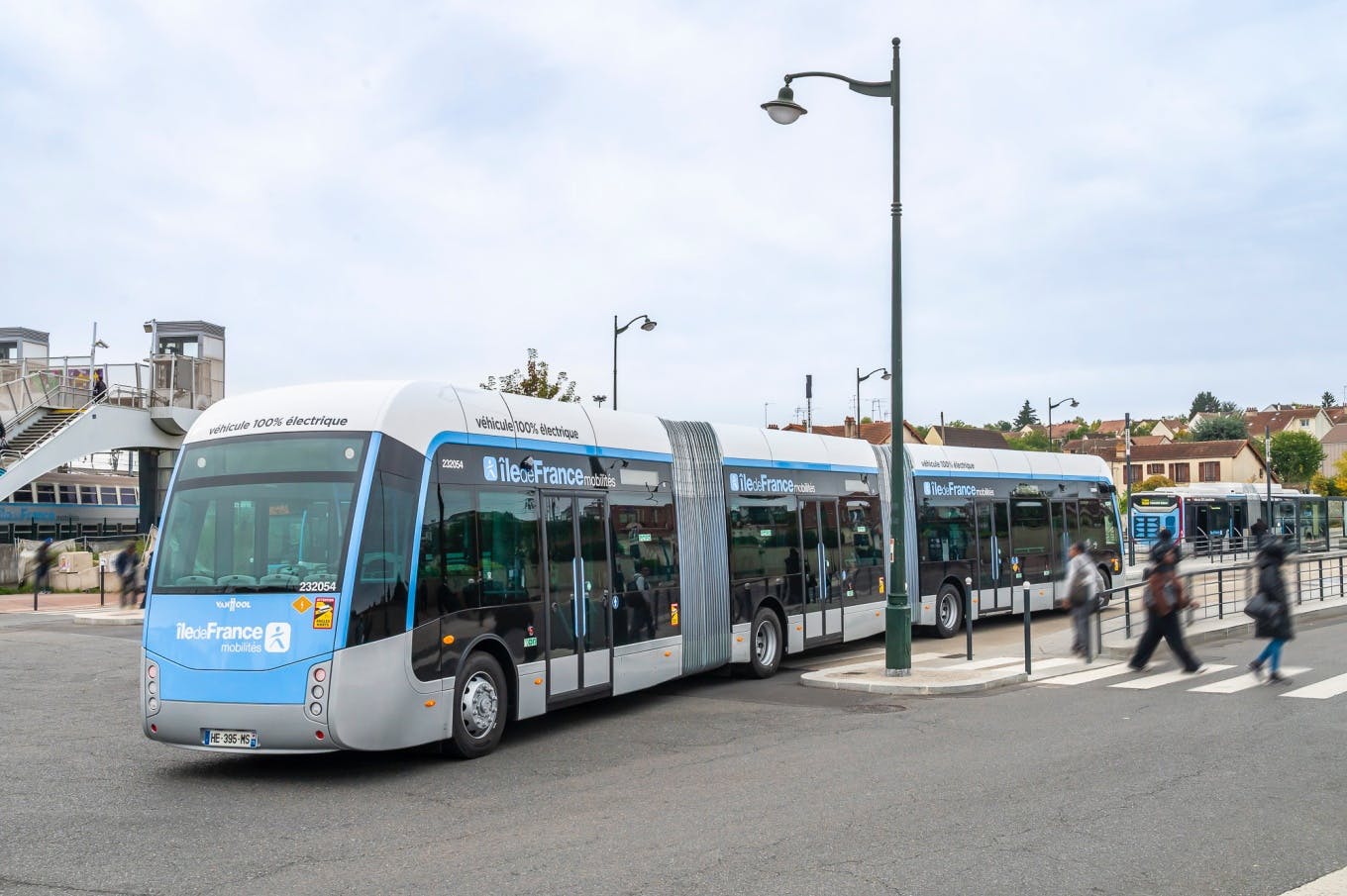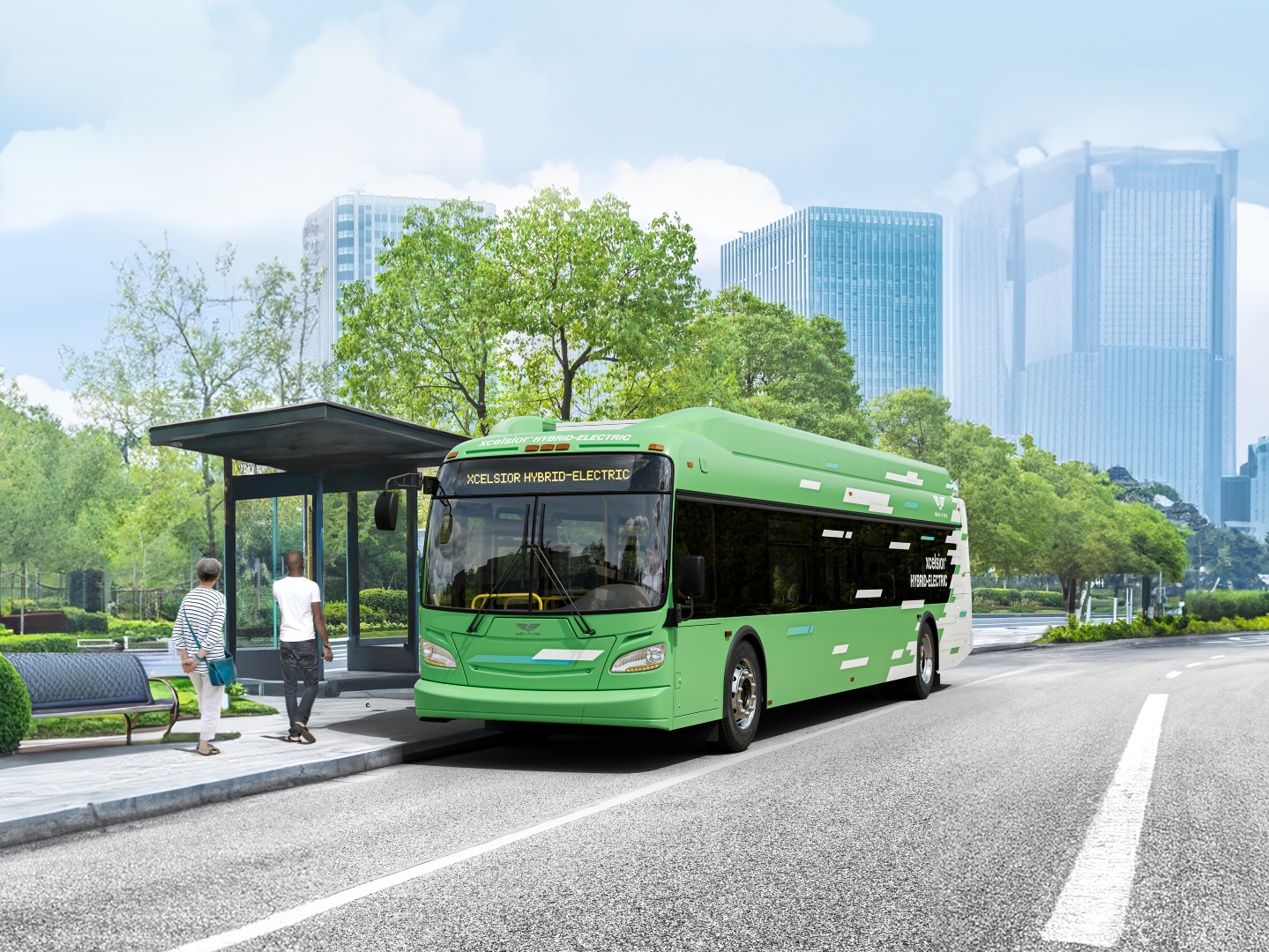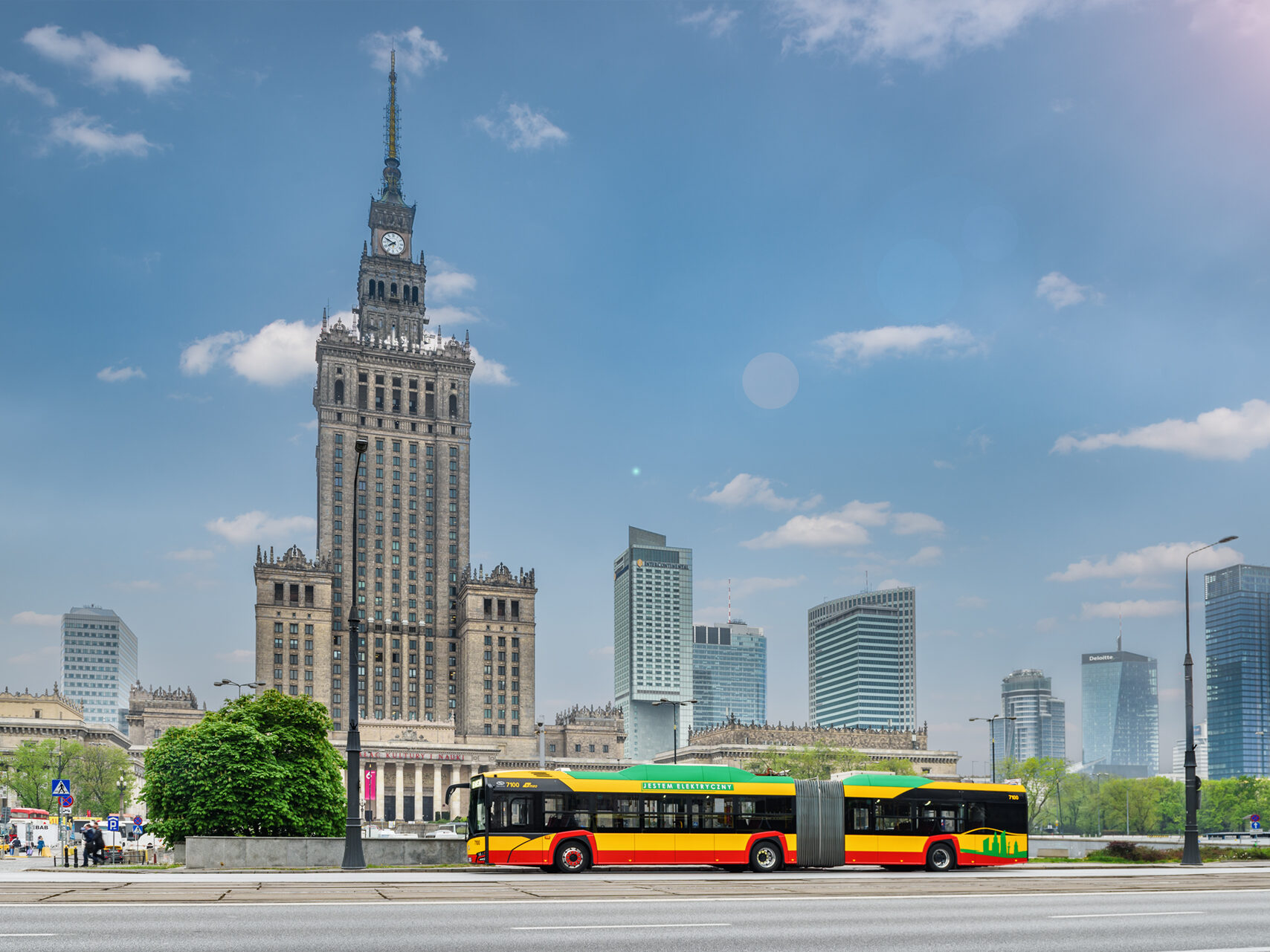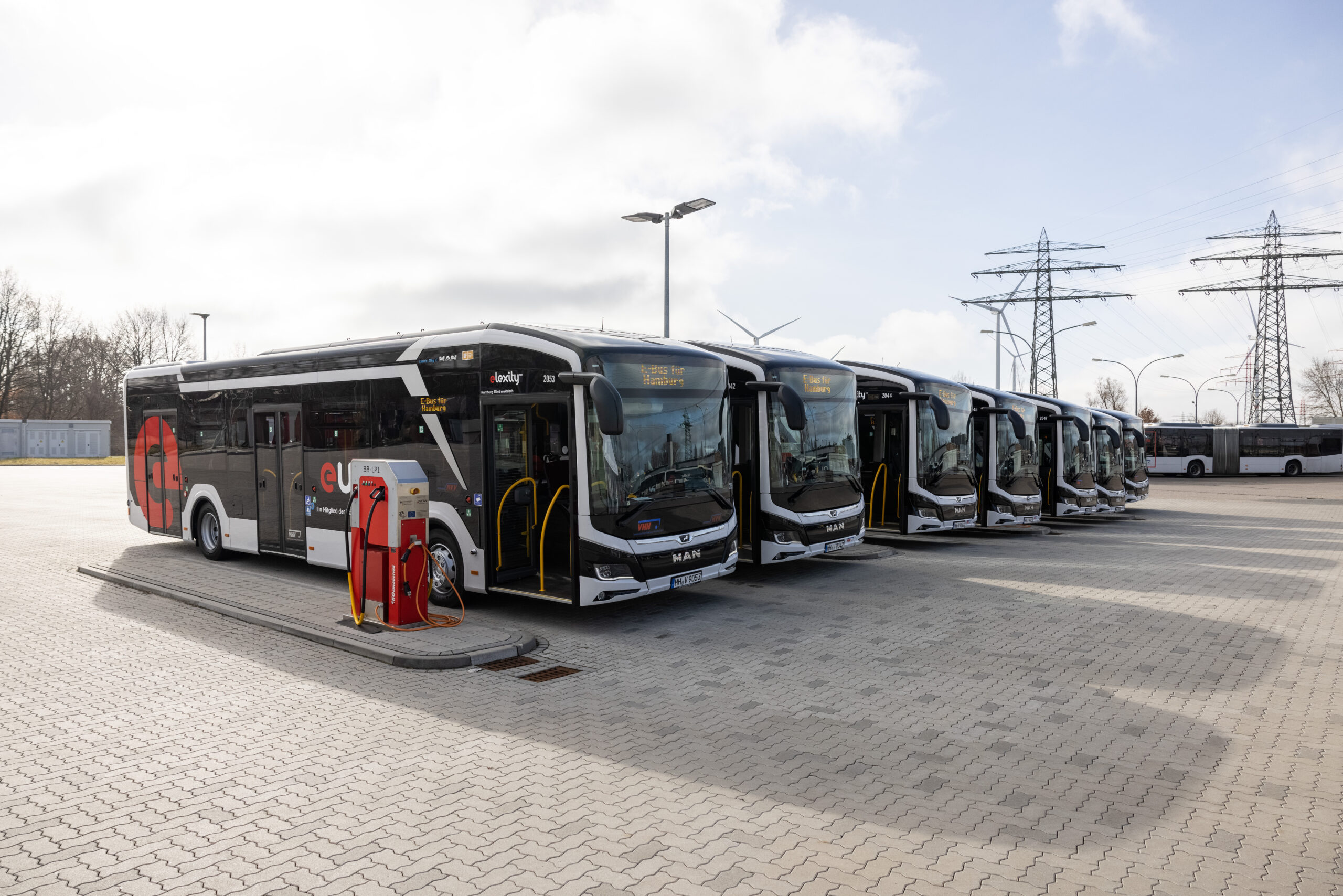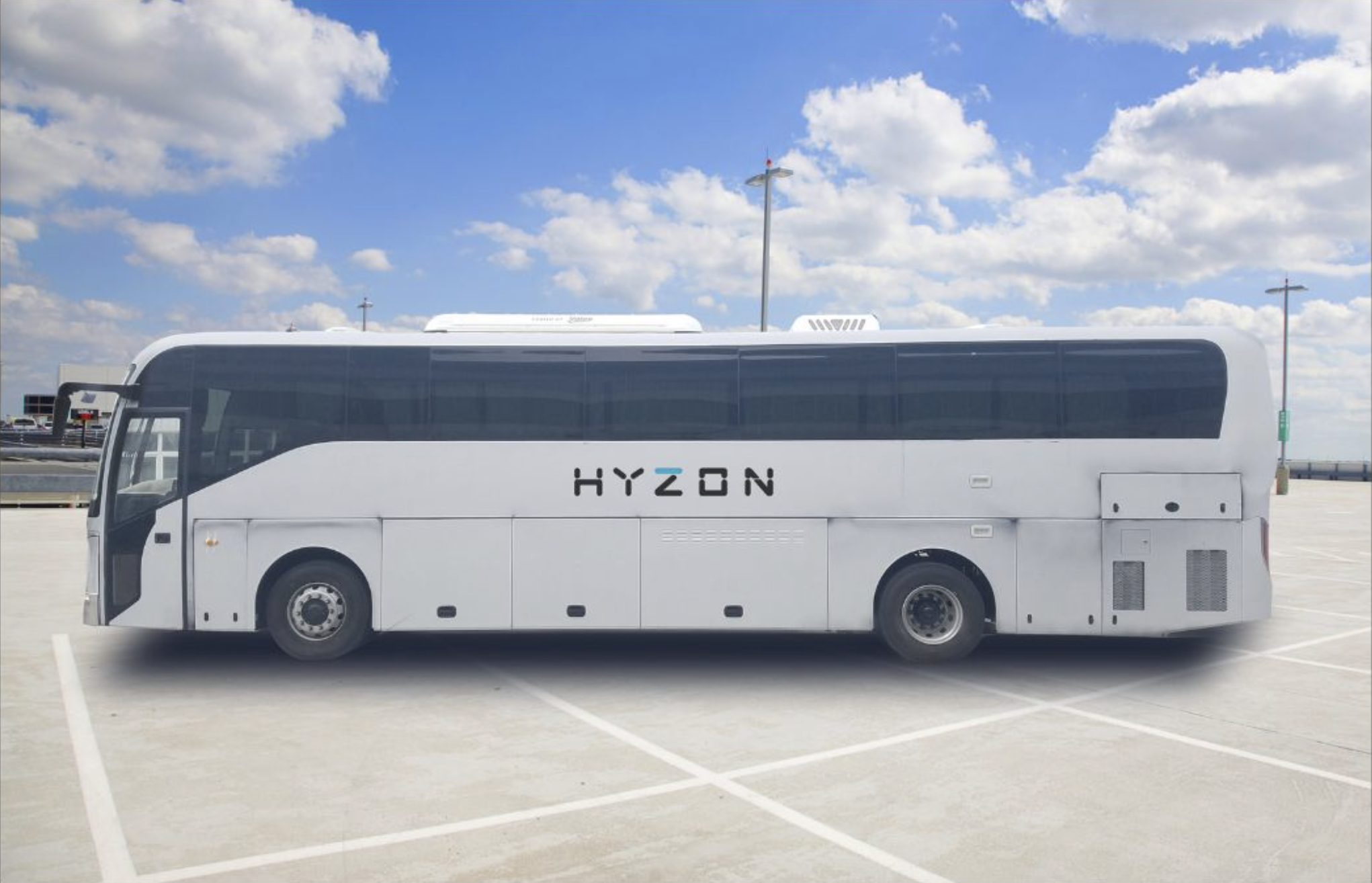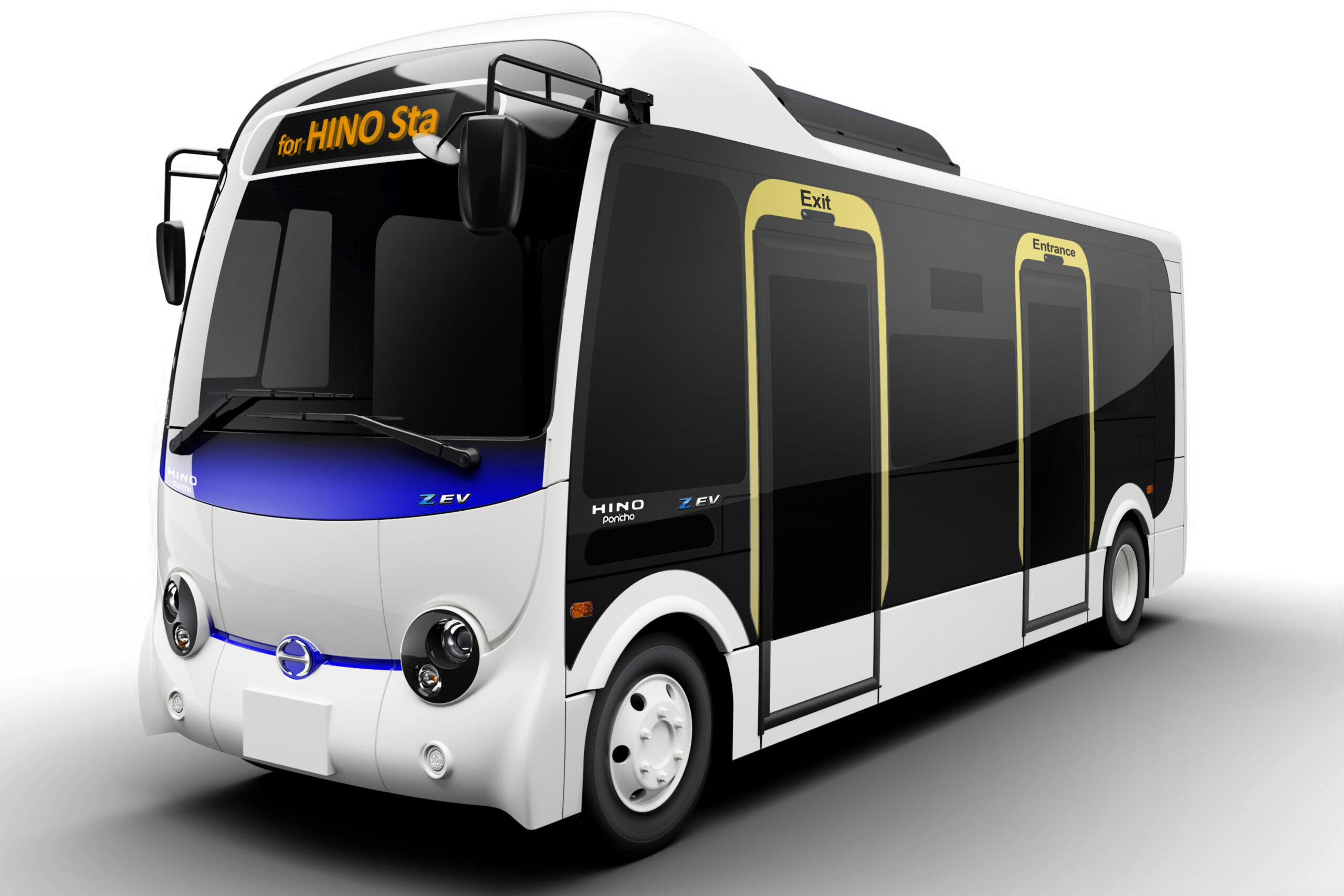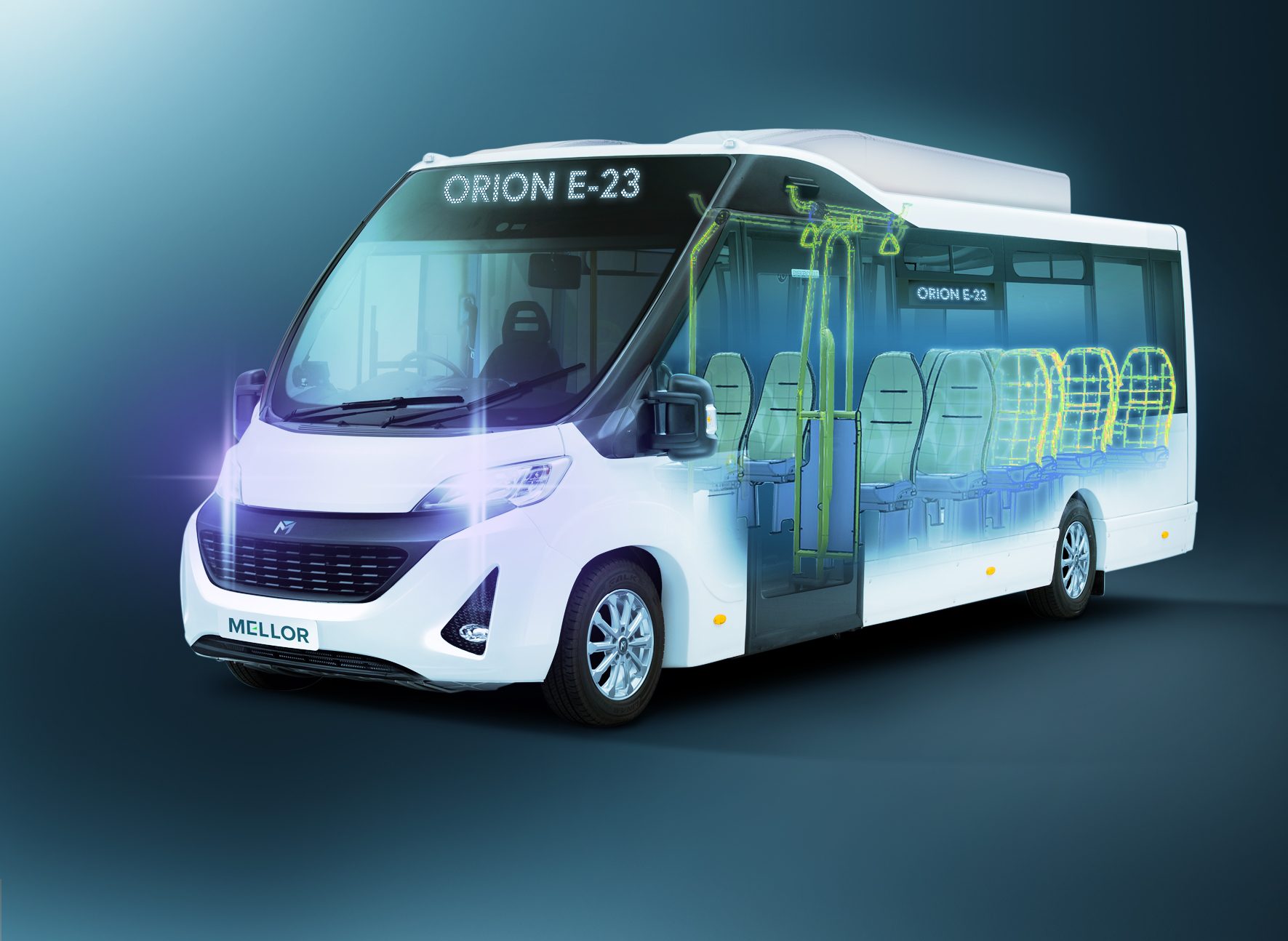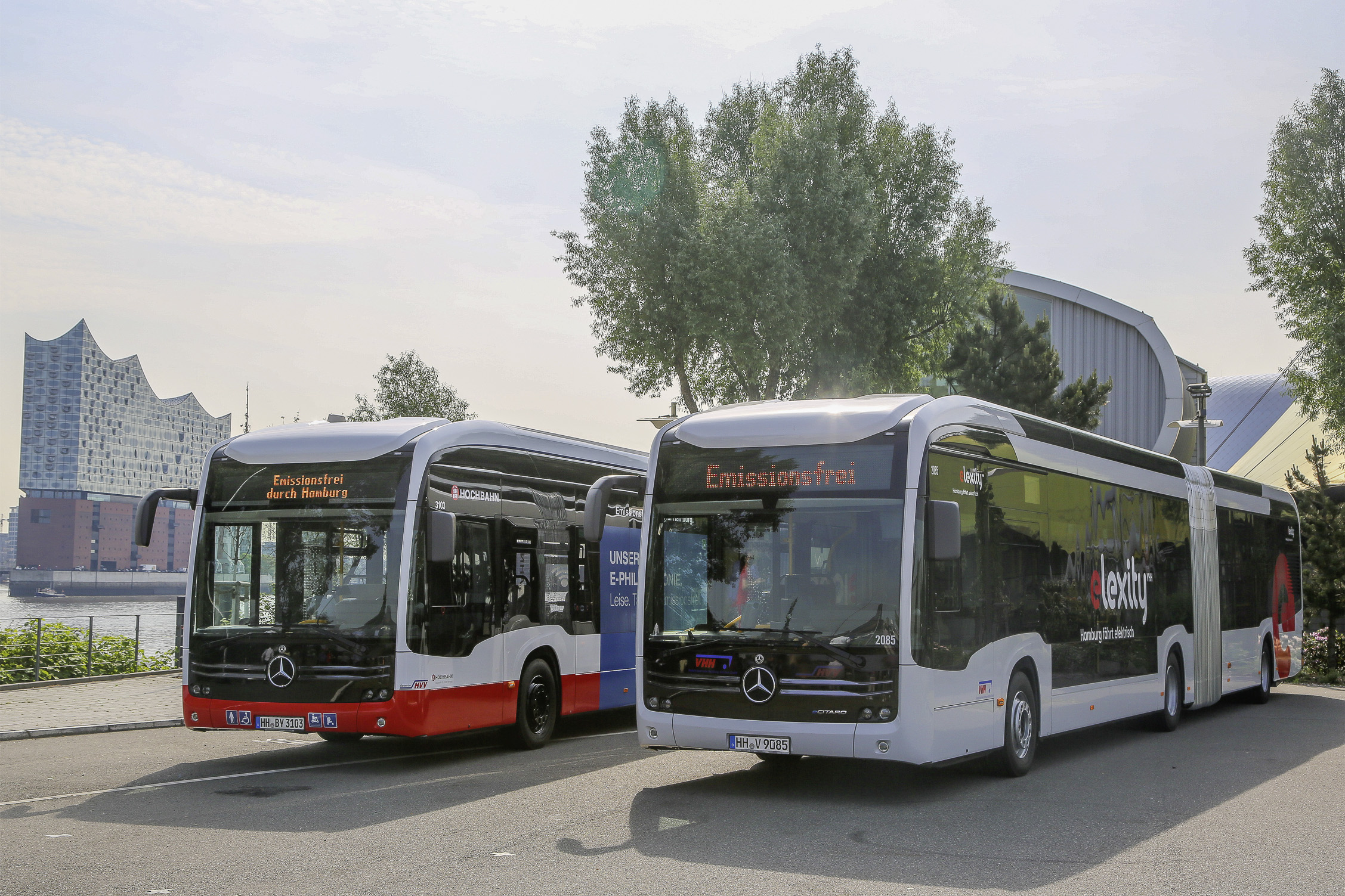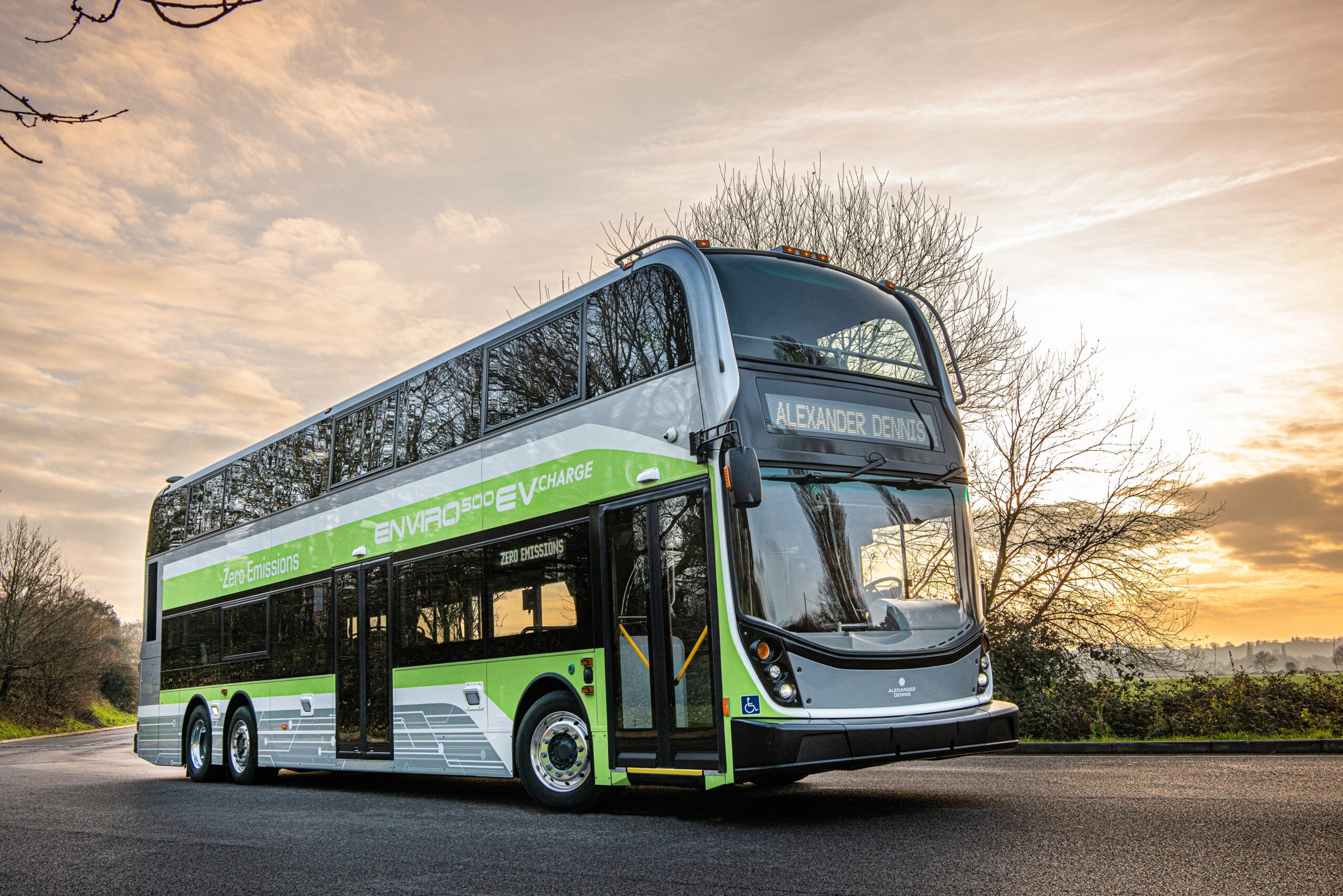Hyundai’s Elec City Fuel Cell Bus Begins Trial Service in Munich
- Hyundai Motor is working with two German bus operators to conduct in-service trials of the Elec City Fuel Cell electric bus in Munich
- Hyundai is gathering feedback from bus operators and drivers as it explores opportunities to introduce the zero-emission vehicles to the European market
- Elec City Fuel Cell bus can travel 500 km when fully charged, and its maximum output of 180 kW is also suitable for hilly conditions
In the coming weeks, Hyundai Motor Company will work with bus operators in Germany to run in-service trials of its hydrogen-powered Elec City Fuel Cell bus.
Last week, at OMV Hydrogen Refueling Station in Wendling, Irschenberg, Bavaria, Hyundai handed over the test bus to Busbetrieb Josef Ettenhuber GmbH (Ettenhuber) and Geldhauser Linien- und Reiseverkehr GmbH & Co. KG (Geldhauser).
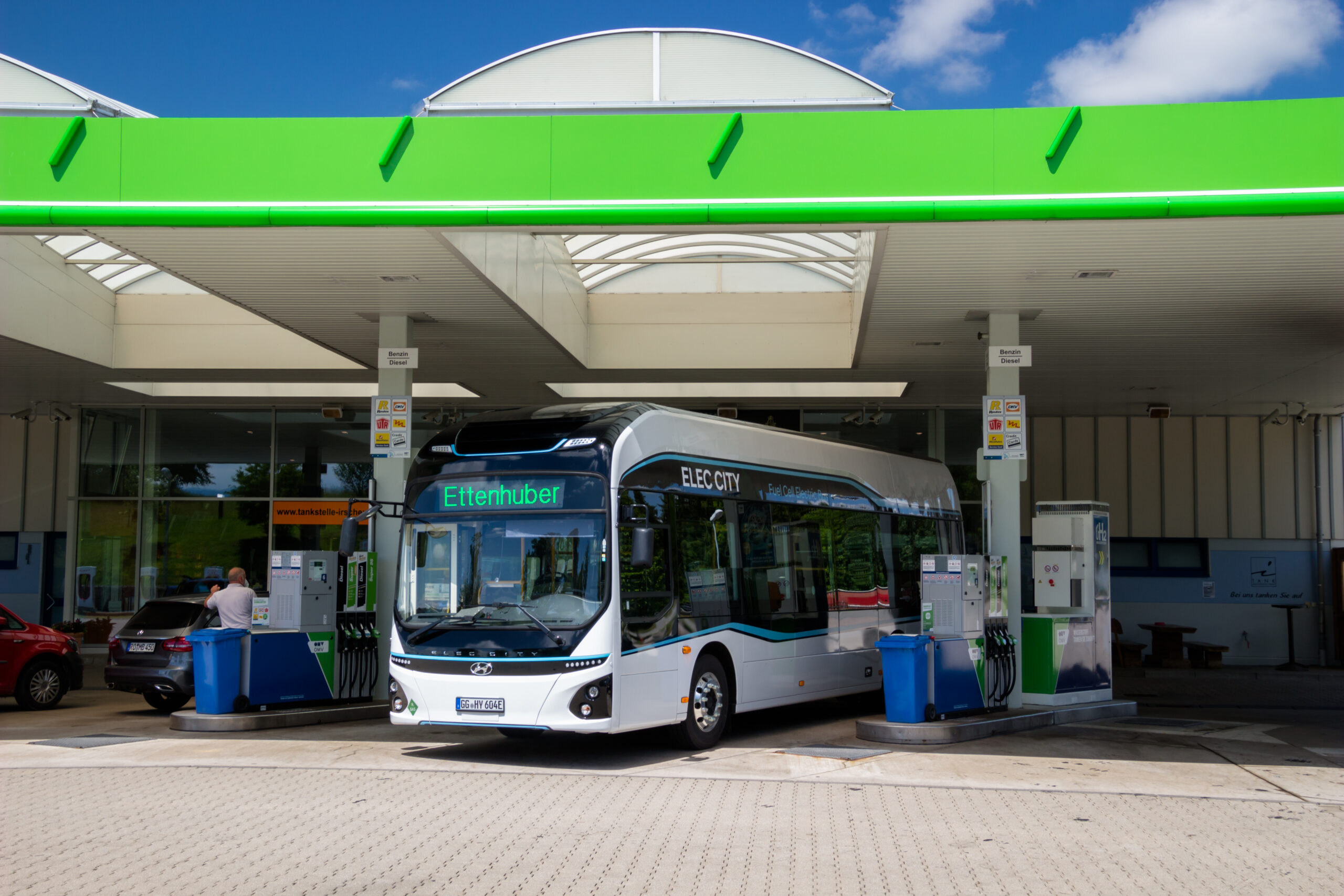
The two bus operators will take turns running the Elec City Fuel Cell bus on existing routes in Munich, carrying actual passengers. The bus can travel over 500 kilometers when fully charged.1
Hyundai Motor plans to run demos with four more bus operators this year, collecting passenger and driver feedback along the way. Through the demo runs, the company expects to prove hydrogen-powered buses as a viable, efficient solution for commercial transportation. Elec City Fuel Cell has been commercially available in Korea since 2019 and a total of 108 units have been put into operation.
The hydrogen-powered buses being used in various public bus routes in the country have avoided reduced carbon emissions by an estimated 7,700 tons to date compared to internal combustion buses. On a yearly basis, Elec City Fuel Cell buses that are currently in operation are expected to reduce carbon emissions by the equivalent amount of CO2 sequestered in a year by 1,500 hectares of forest.
Executive Vice President and Head of CV Development Tech Unit, Martin Zeilinger, said:With our leading fuel cell technology, Hyundai Motor is demonstrating how mass-produced Elec City Fuel Cell buses can help reduce CO2 emissions while providing clean mobility. Running these in-service trials will help us further develop our vehicles to meet European customer requirements.
Elec City – A Clean Mobility Solution with Proven Fuel Cell Technology
Hyundai’s Elec City bus is equipped with a 180-kW high-capacity hydrogen fuel cell system, which consists of two 90-kW hydrogen fuel cells, equipped with a durable hydrogen diffusion layer and an electrolyte membrane. The maximum output of 180 kW provides plenty of driving force, even in hilly road conditions. There are five hydrogen tanks in the roof, storing a total of 34 kg of hydrogen for over 500 km of range.
Hyundai is constantly reviewing ways to lower the CO2 footprint of mobility in general. By offering eco-friendly, heavy-duty trucks and buses, the company is addressing this matter head on. Hyundai plans to proactively promote hydrogen fuel cell technology as a powerful mobility solution.
This article was originally published by Hyundai Motor UK Ltd.











